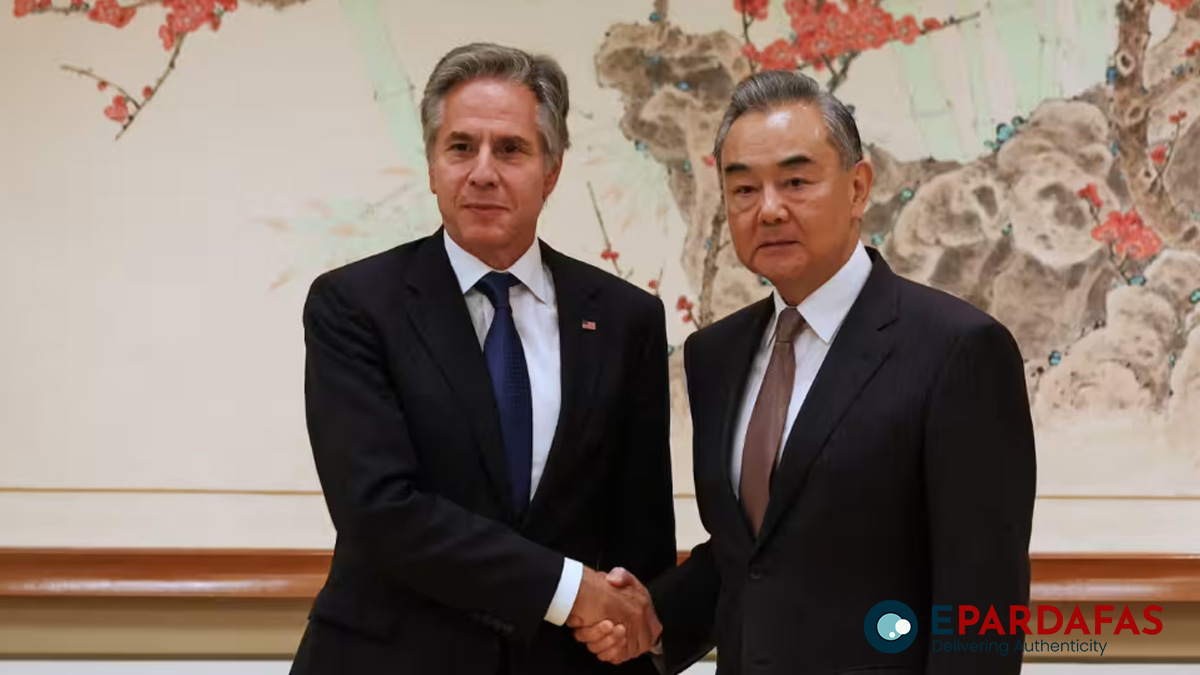U.S. Secretary of State Antony Blinken criticized China’s latest peace proposal for Russia and Ukraine, accusing Beijing of undermining its calls for peace by supplying dual-use components that support Moscow’s war efforts. His comments came after a meeting with Chinese Foreign Minister Wang Yi on the sidelines of the United Nations General Assembly.
China, alongside Brazil, had earlier convened a meeting of 17 developing nations to discuss solutions for ending the war in Ukraine. Their proposal focused on preventing escalation, avoiding the use of weapons of mass destruction, and protecting nuclear power plants.
However, Blinken dismissed Beijing’s plan, stating that any peace agreement must respect Ukraine’s territorial integrity, sovereignty, and independence, in line with the United Nations Charter. He emphasized that a peace favoring the aggressor—Russia—while denying Ukraine its rights would not lead to lasting peace.
“A peace in which the aggressor gets everything that it’s sought, and the victim does not have its rights upheld, is not a recipe for a lasting peace,” Blinken said.
Ukrainian President Volodymyr Zelenskyy also expressed skepticism about new peace proposals, highlighting that his peace formula has been available for two years. In his address to the General Assembly, he implied that some leaders might seek recognition or accolades for promoting a superficial truce, rather than pursuing genuine peace.
Blinken further highlighted that Chinese companies are aiding Russia’s war machine, noting that about 70% of Russia’s imported machine tools and 90% of its microelectronics come from China and Hong Kong. These materials, he said, help Russia produce missiles, rockets, armored vehicles, and munitions needed to continue its aggression against Ukraine.
“When Beijing says that it wants peace but allows its companies to help Putin continue the aggression, that doesn’t add up,” Blinken remarked.
While Blinken clarified that the U.S. does not seek to decouple Russia and China, he stressed that China’s support for Russia’s war effort is problematic.
In their bilateral talks, Blinken and Wang also discussed improving communication between their militaries and highlighted the importance of direct communication between U.S. and Chinese leaders. Plans for a phone call between U.S. President Joe Biden and Chinese President Xi Jinping are still in the works, though no call has taken place yet.



Comments